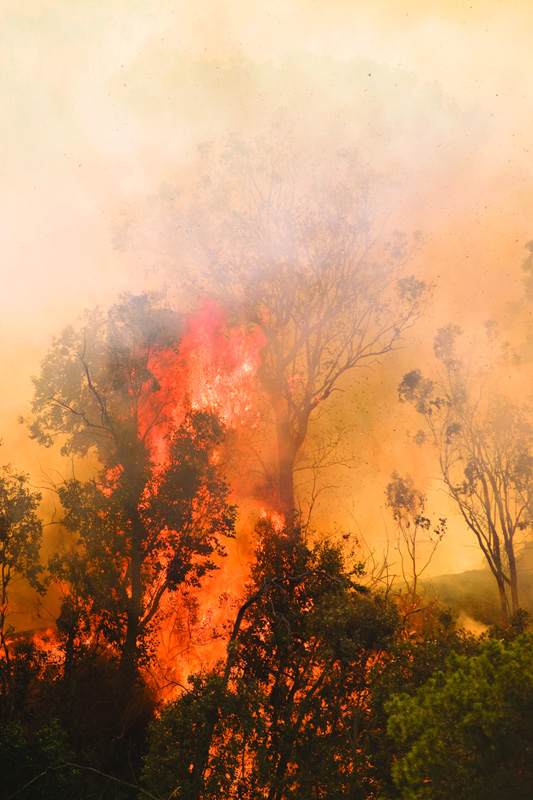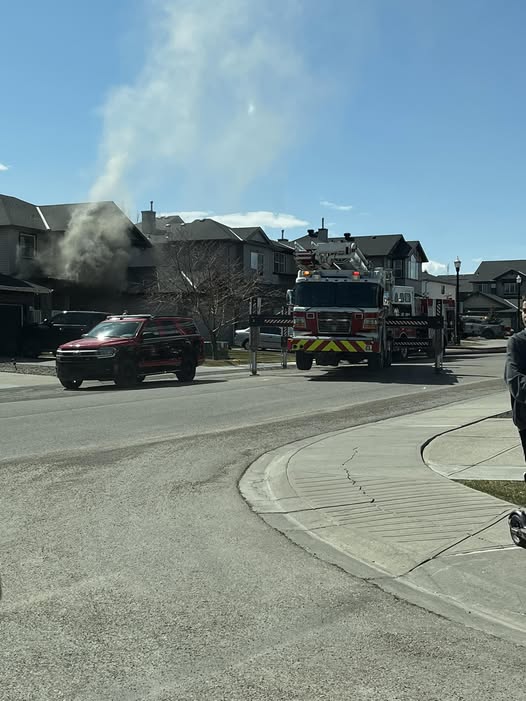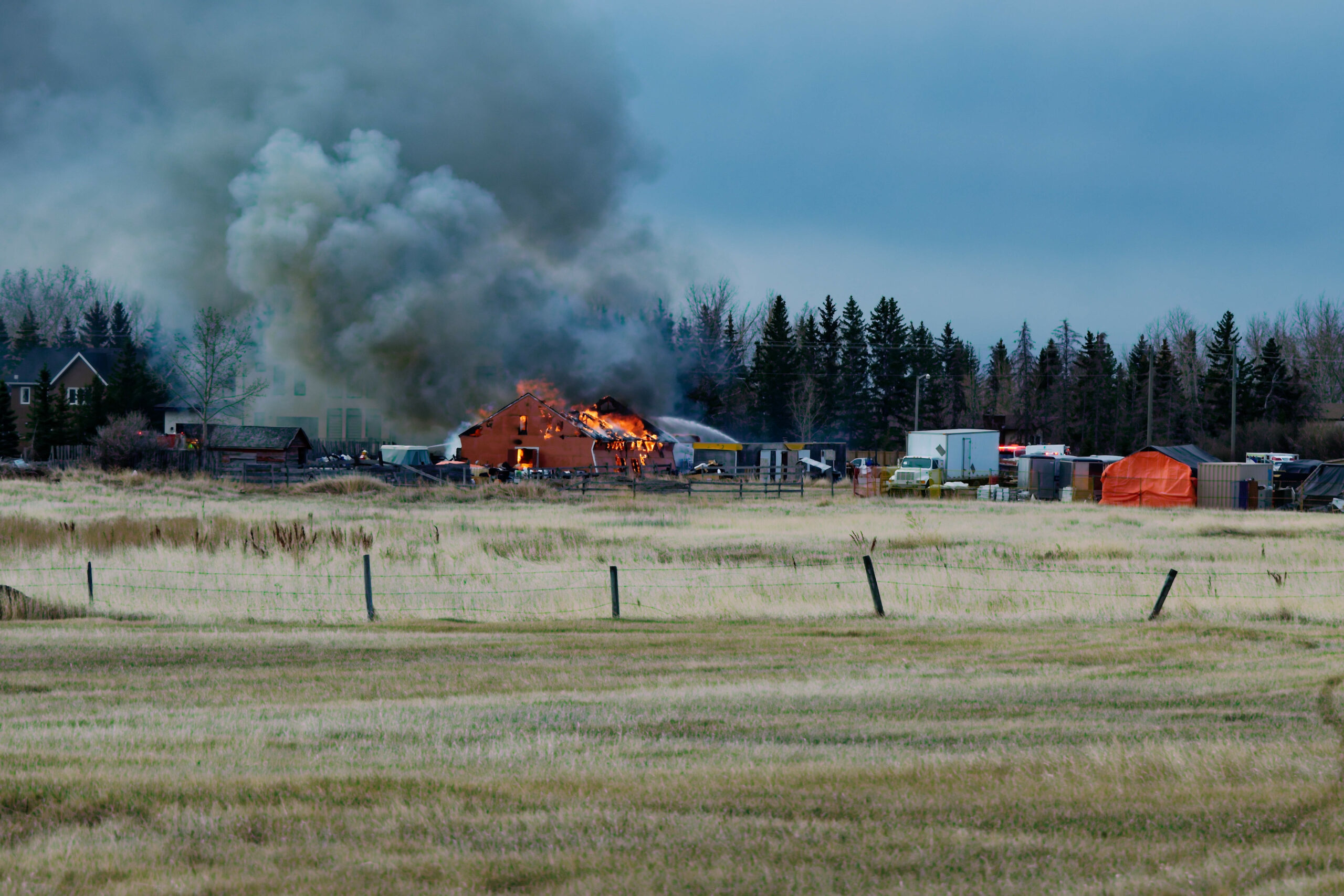Meteorologists have found signs that this fall could be unusually warm in Western Canada causing a prolonged wildfire season according to an AccuWeather Special Report: 2019 Canada Autumn Forecast released on Aug. 21.
“It’s not a good thing. We’re concerned about the extended fire season,” said AccuWeather Canadian Weather Expert Brett Anderson.
Although wildfires have not been as active across the region as they were in late May, there could potentially be an active end to the wildfire season.
“The fire season is far from done,” Anderson said.
“We believe there may be a second surge in fire activity during the month of September from British Columbia to Saskatchewan,” Anderson said.
“Large wildfires that do ignite could potentially have far-reaching effects across North America,” he added.
While the fires burn, smoke will rise through the atmosphere creating smoky, hazy skies to areas thousands of miles away, said the AccuWeather Press Release.
The smoke across the atmosphere can cause more colourful sunrises and sunsets.
“I am concerned that we will be dealing with a fair amount of smoke, the air quality is going to be an issue for much of the province,” Anderson said.
Along with a prolonged wildfire season, the snow season is expected to start later than usual in the fall.
“It’s not that unusual, especially with climate change. There’s a lot of warming going on. There are no questions about it,” Anderson said.
Autumn in the Canadian Prairies is forecasted to be largely influenced by warm, and rain-free weather similar to the west.
“The dry and warm conditions may aid in the fall harvest across the prairies during September,” Anderson said.
Although the dryness could benefit some farmers, there are some concerns.
The expected below normal precipitation throughout the autumn can result in pockets of moderate drought to worsen, Anderson added. A mid-season flip will cause changes to the prairies.
“During the month of October, there may be an early-season surge of unseasonably cold air directed into the prairies,” Anderson said.











